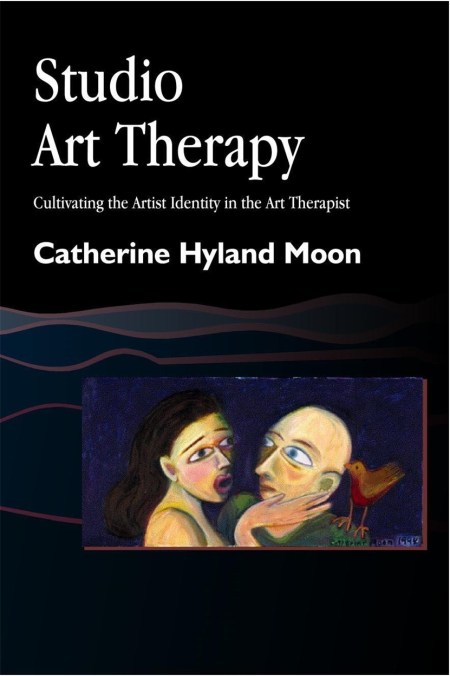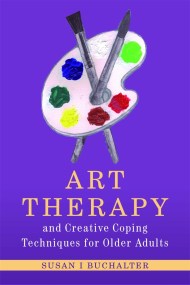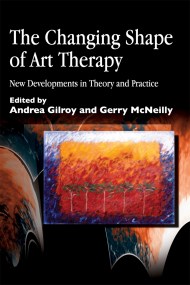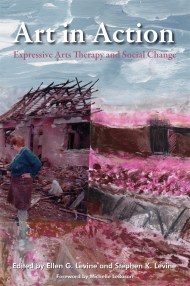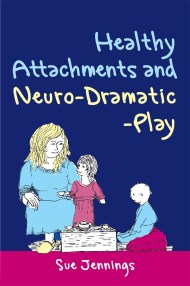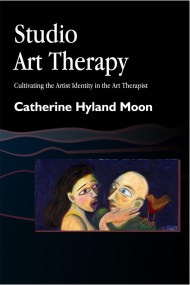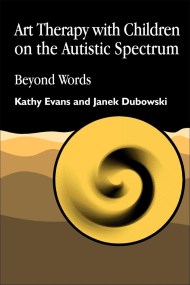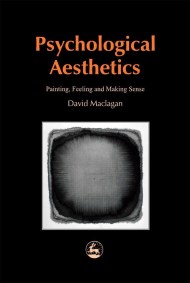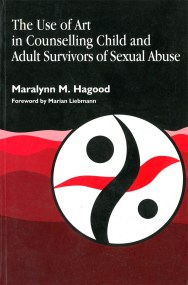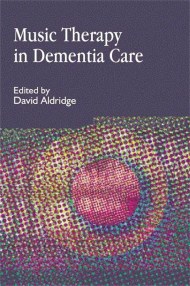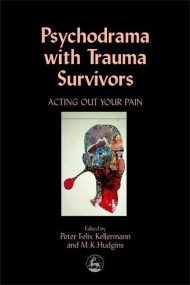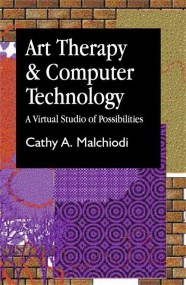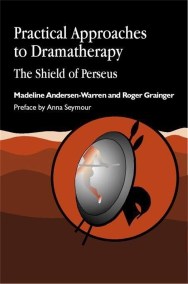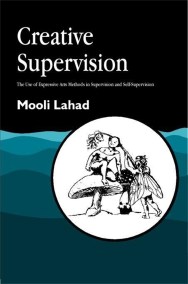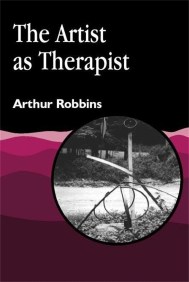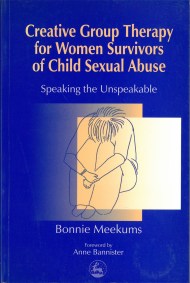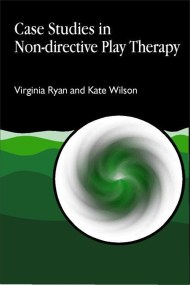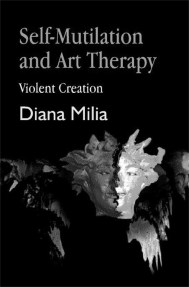Arguing that the profession of art therapy has its roots in the studio environment, Catherine Moon proposes that it is now time to reclaim these roots, and make art once again central to art therapy. She suggests that there has been a tendency for art therapy not merely to interact with and be enriched by other perspectives – psychological, social, anthropological and transpersonal – but to be subsumed by them. For this reason she makes a clear distinction between using art in one’s practice of therapy, and working from an art-based model. This book presents a model of art therapy where the products and processes of art constitute the core of the model, rather than serving as the impetus for adaptations of other theories of counselling or therapy. It addresses how an arts-based approach can inform the therapist in all aspects of practice, from the conception of the work and the attempt to understand client needs to interacting with clients and communicating with others about the profession of art therapy.
Integrated into the book are stories about the work of art therapists, art therapy students and those who seek help in art therapy, presenting the theory behind studio art therapy and bringing it to life. Moon believes that the arts have something unique to offer to the therapeutic process which distinguish the arts therapies from other therapeutic professions. This book is a comprehensive and engaging exploration of the possibilities inherent in the therapeutic use of the arts.
Integrated into the book are stories about the work of art therapists, art therapy students and those who seek help in art therapy, presenting the theory behind studio art therapy and bringing it to life. Moon believes that the arts have something unique to offer to the therapeutic process which distinguish the arts therapies from other therapeutic professions. This book is a comprehensive and engaging exploration of the possibilities inherent in the therapeutic use of the arts.
Newsletter Signup
By clicking ‘Sign Up,’ I acknowledge that I have read and agree to Hachette Book Group’s Privacy Policy and Terms of Use
Reviews
The main concerns of this book are that art therapy has been subsumed in other healing practices and that it is time for art therapy to be reclaimed once more for what it should be, a practice based on the products and processes of art. The author argues that the original spirit of studio art therapy must have a place in the development of current art therapy practices.
